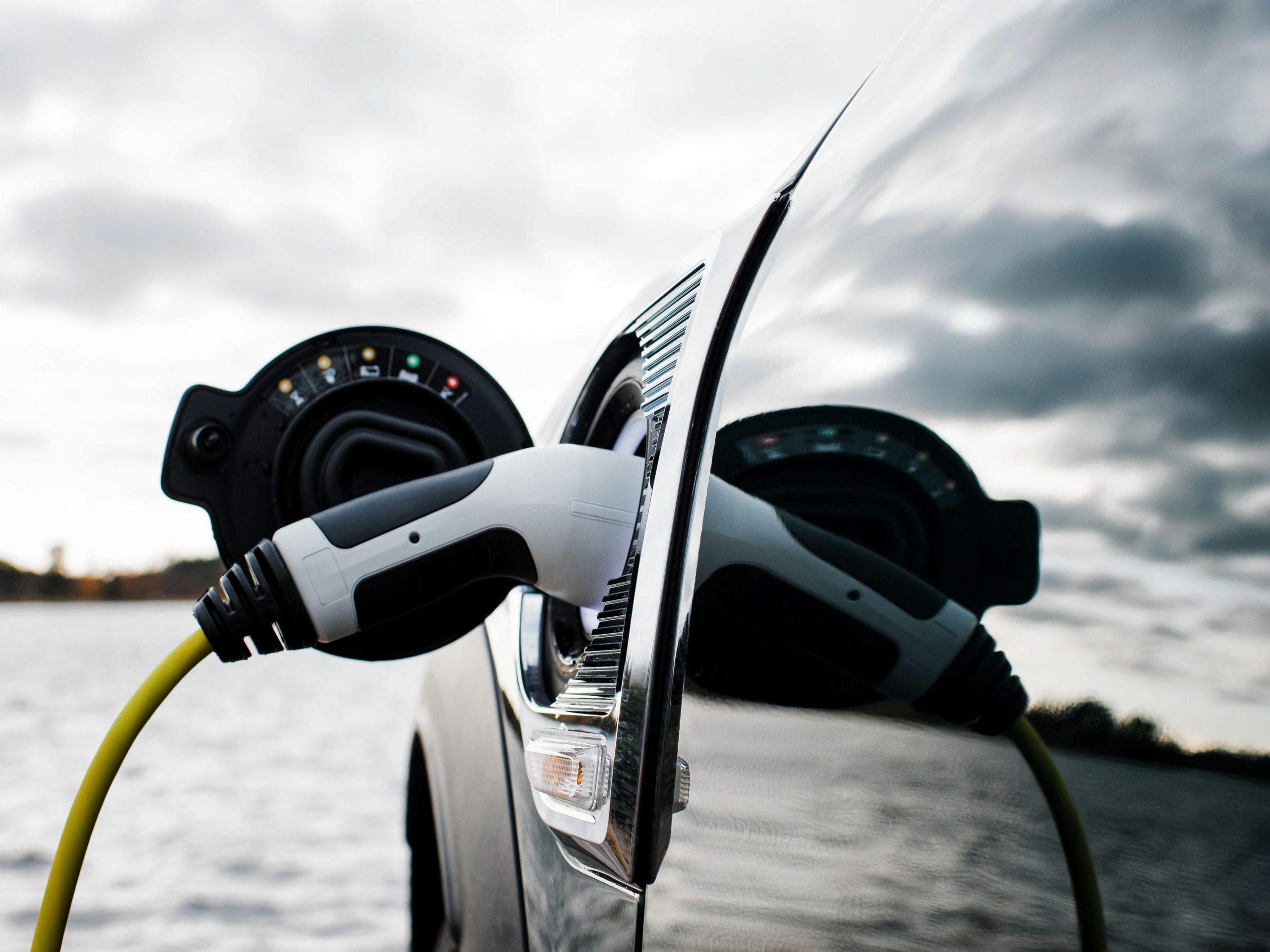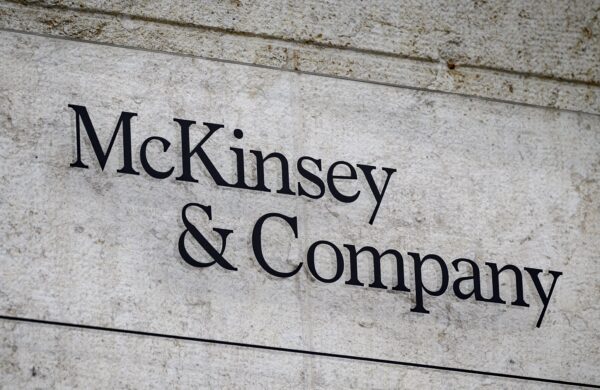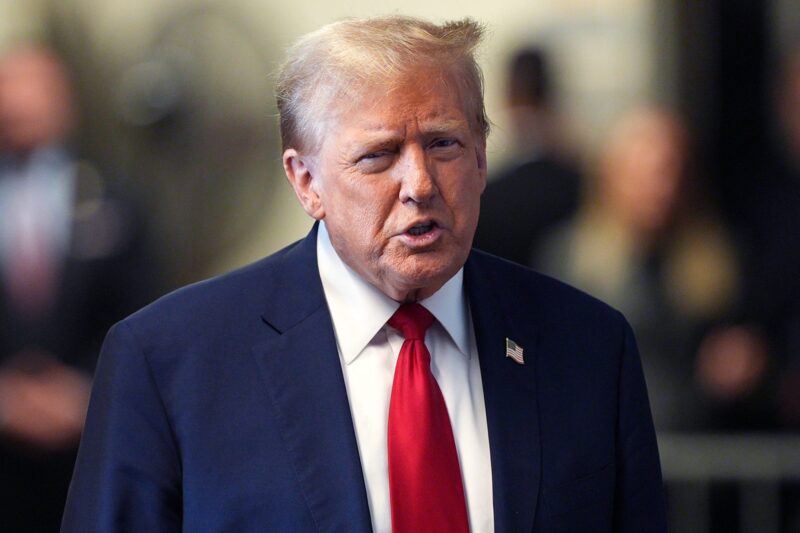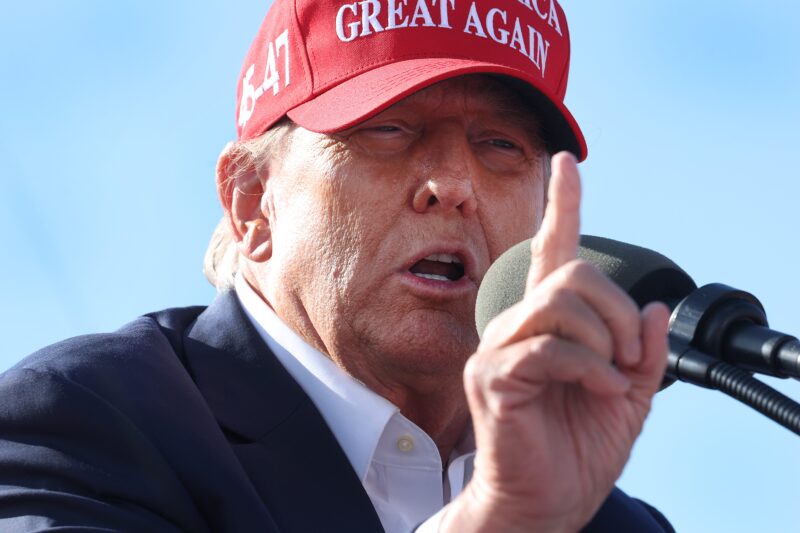
Cavan Images/Getty Images
- Tesla may not be as vulnerable to Apple’s EV entry as some claim, say Morgan Stanley analysts.
- Apple will need to focus on vertical integration if it wants to compete in the low margin vehicle business.
- That doesn’t mean Tesla isn’t facing a slew of new challenges from the competition in a now-crowded industry.
- Visit Business Insider’s homepage for more stories.
In December, Reuters reported that Apple was targeting the EV market in 2024 with battery technology that “could ‘radically’ reduce the cost of batteries and increase vehicle’s range.”
The news caused Apple’s stock to rise amid speculation of long-range ‘iCars’. Talk has died down since, and Apple’s stock is back down around $130 per share.
Still, for investors in Tesla or other EV plays, there was some anxiety around a sizable competitor like Apple entering the space, and Wall Street observers have claimed that the company is a real threat to Elon Musk’s electric vehicle powerhouse.
Morgan Stanley analysts aren’t so sure, though.
In a December 29 webcast, Morgan Stanley’s Apple analysts, plus its Chinese and European battery teams, came together to discuss Apple’s EV prospects and its potential threat to Tesla.
In the webcast, US IT hardware and Apple analyst Katy Huberty discussed how she believes Tesla will fare against the new EV player, arguing the company faces two potential futures.
For Huberty, "the question is, is Tesla Blackberry or is Tesla Samsung?"
"After the iPhone launch, Samsung was a very successful company alongside Apple for many years, and as the market shifted from feature phones to smartphones, Blackberry fell to the side even though they were early in the market."
"We think there is an example where both Tesla and Apple could be successful for many years and help grow the market together," the analysts concluded.
In the opinion of Morgan Stanley analysts, Tesla is more like Samsung, and they maintain a price target for Tesla over $800 per share.
Although many investors are just hearing about it, Apple's EV ambitions are not new. They kicked off in 2014 with what the company dubbed Project Titan.
Since then, the tech giant has seen some titanic ups and downs on its EV journey. The company tapped Tesla veteran Doug Field to run the EV division in 2018, though 190 people were laid off the following year.
Despite the cuts, Reuters reported Apple has decided to go ahead with its EV plans in the coming years, and with Field at the helm, some Tesla bulls are worried.
The question becomes, can Apple compete in an industry that is known for far lower margins than its current mid-20% figures, and why is it doing it?
The size of the market is one clue. Smartphones are a $500 billion annual market, while transportation is a $10 trillion annual market. If Apple could capture even a small percentage of EV sales, it would mean a huge revenue boost.
As far as margin concerns go, Morgan Stanley's Katy Hubert said, "I would remind everybody that when Apple entered the PC, handset, and wearables market, the margins of competitors were razor-thin. And through vertical integration, as well as driving significant scale on a small number of SKUs, Apple has been able to enter industries with low profitability and earn very strong margins. I don't see why autos would be any different."
In Hubert's opinion, Apple can definitely compete in the EV market, despite the low margins, but that doesn't mean it will beat out Tesla.
"Apple really only succeeds when it's vertically integrated. This means designing the components and designing every part of the product," Hubert said, "We don't think partnership with another automaker is a real path for Apple."
Partnering with other EV players won't cut it, and that means Apple is still years away from a true product offering.
Though even without Apple in the picture, Tesla is already facing a slew of new challengers in the industry. From legacy carmakers like Ford and VW to new EV entrants like Rivian, Nikola, and NIO, the EV industry is growing crowded.
Shares of Apple rose over 3% on Thursday, while shares of Tesla are up over 5%.











